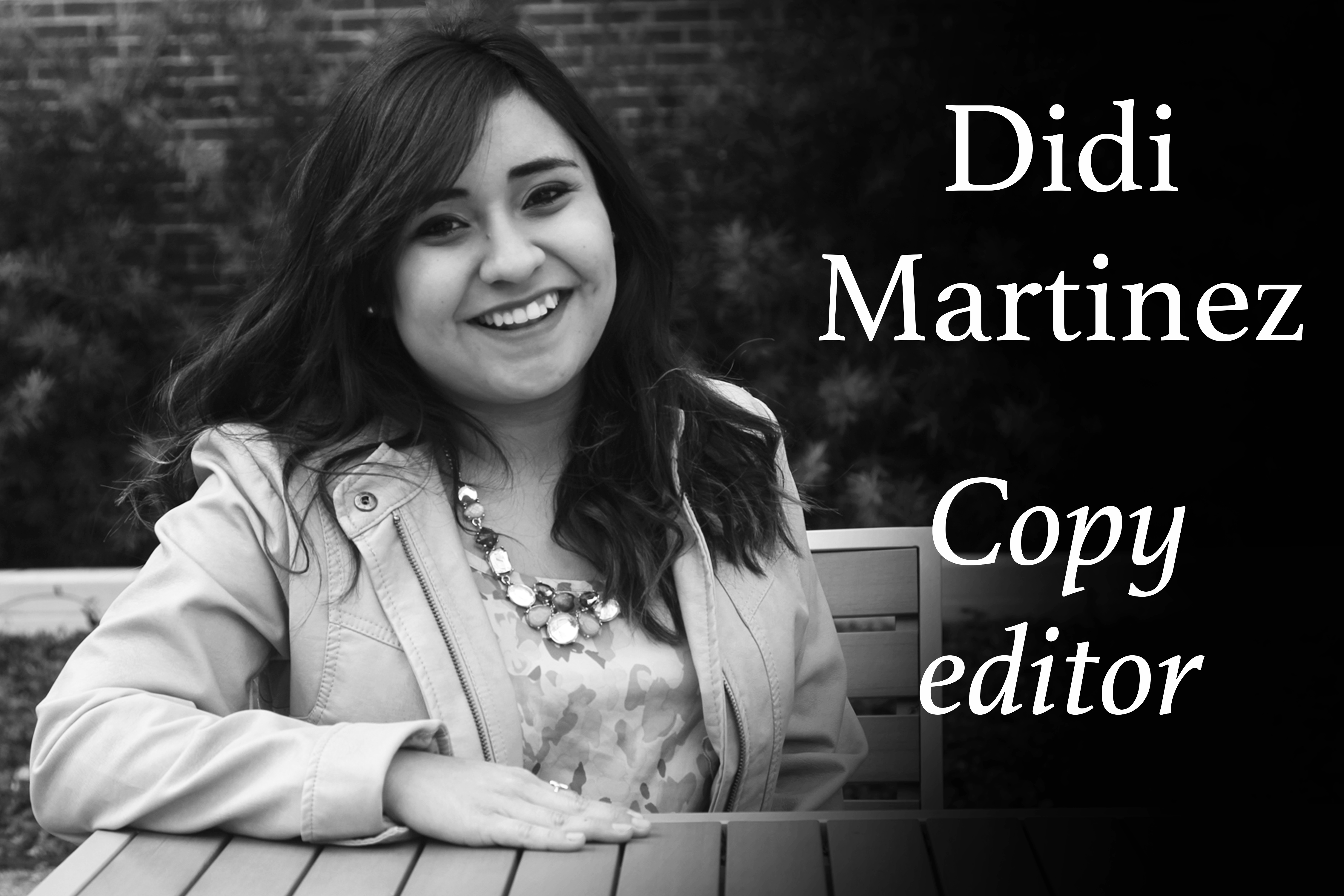The concept of ownership is something we learn fairly early on in life. It is not uncommon to hear a toddler utter the word “mine” to another kid as they wrestle over a toy. Even men we revere in history for conquering foreign lands have put down their country’s flag as a way of claiming ownership. However, these kinds of actions pose a greater question: What does it really mean to own something?
The answer: You don’t. We don’t really “own” anything in this life, just time with it.
To illustrate this point, here is an example. You walk into a bookstore looking for the perfect book to add to your growing collection. After looking through countless selections, you finally find just the book you were looking for. Quite content with yourself, you walk up to the register ready to make your purchase. The register employee tells you the total, and you hand him the amount in cash. The employee finishes the transaction and hands you the book in a bag with the company’s logo on it. You then grab it and walk out of the store with a bag in hand that declares to the world that you are now the proud owner of whatever is inside. A surge of happiness swells into you at the thought that you now own the book that you were looking for.
While no one is here to say that you are not entitled to your own happiness, you would be misled in believing that your happiness is directly correlated to the fact that you own an object. Instead, what you might be really excited about it is the fact that with the purchase of the book, you now have ownership of that book’s time. You get to decide how much time it spends with you — whether it be read by the pool side or confined to a dusty shelf. You get to decide whether it takes time apart from you, like when you lend it to a friend. And lastly, when you part with the book — whether you decide to give it away, lose it or die.
Although the prospect of dying might be the most morbid of ways that one could part with an object, it is probably the most important idea behind this whole time-ownership concept. You see, the reason I say that we do not really own anything is because we do not get to take it with us after we pass away. The purchase that you made will mean nothing in terms of what you get to take with you after you die. What you got with your purchase was time spent with an object. After all, the object itself has no limit to the amount of owners it can give its time to. The only restriction on the object really is the promise that one can never keep it forever because inevitably, either the book or owner will outlive the other.
To be clear, this mostly applies to physical possessions. I do not dare to delve into the deeply philosophical realm of the intangible, such as human experiences and emotions.
However, I still contend that to express ownership is to admit to believing the illusion that we have some kind of control over our possessions, when quite the opposite is true.
In short, the take-away from this theory is that we shouldn’t get too caught up in the idea of ownership. Because if history is an indication of anything, it is that the quest to obtain material goods always comes at price and there comes a time when that price is often too high for its ultimate value.
Didi Martinez is a freshman political science and journalism double major from Katy. She is the copy editor and a regular columnist for the Lariat.






